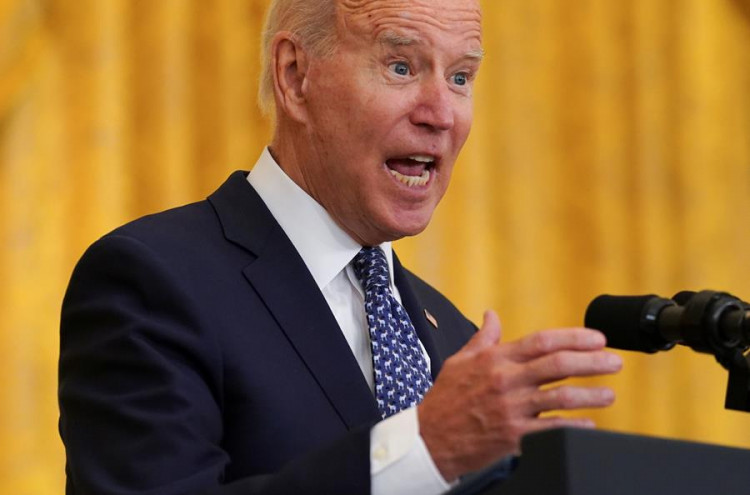The U.S. House could vote on the enhanced Ukraine aid program as soon as this week, sending the bill to the legislature, which is now preparing to approve Biden's nomination of Bridget Brink as the next Ukrainian ambassador.
The Ukraine measure was referenced in the House's Tuesday calendar, but it was unclear how concrete that was.
Because the president's party only has the tiniest majorities in the House and Senate, Republican participation is preferable, if not essential, in passing the president's regional policy.
Over the weekend, House Speaker Nancy Pelosi spoke of an upcoming assistance package. "I believe we will be able to execute it as swiftly as possible," she said.
Regardless of their differences about Biden's foreign affairs approach and alleged errors in facing Russia, members of the House and Senate have united to back the president's agenda in Ukraine.
The lend-lease bill, which Biden passed into law on Monday, resurrects the idea of sending heavy weapons to Ukraine more swiftly. Introduced during World War II, lend-lease suggested that the United States would become the arsenal of democracy, assisting Britain and the allies in their battle against Nazi Germany.
Before signing the law, Biden warned that "Putin's war" was once again delivering massive destruction to Europe, referring to the day's significance.
Biden signed the bill, which had significant bipartisan support, backed by two House Democrats and one Republican. It was unanimously approved by the Senate last month, without the necessity for a formal final vote.
It was decisively passed in the House, with only ten Republicans voting against it.
Sen. John Cornyn of Texas, one of the bill's main Republican proponents, said in a statement that the package will give Ukraine the advantage against Russia and that he is happy that America could serve as the armory of democracy for this crucial partner.
Other proposals, such as halting Russian oil shipments to the United States and calling for an investigation into Putin's atrocities, have also received widespread support, while some senators have pressed Biden to go further.
Biden recognized that the money he wanted from Congress to handle the COVID-19 situation at home would have to be split from his request for further military and humanitarian aid for Ukraine.
As the pandemic problem enters a new phase, Republicans in Congress are rejecting spending more money at home, and Biden did not want to prolong funding for Ukraine by debating the subject even more.





